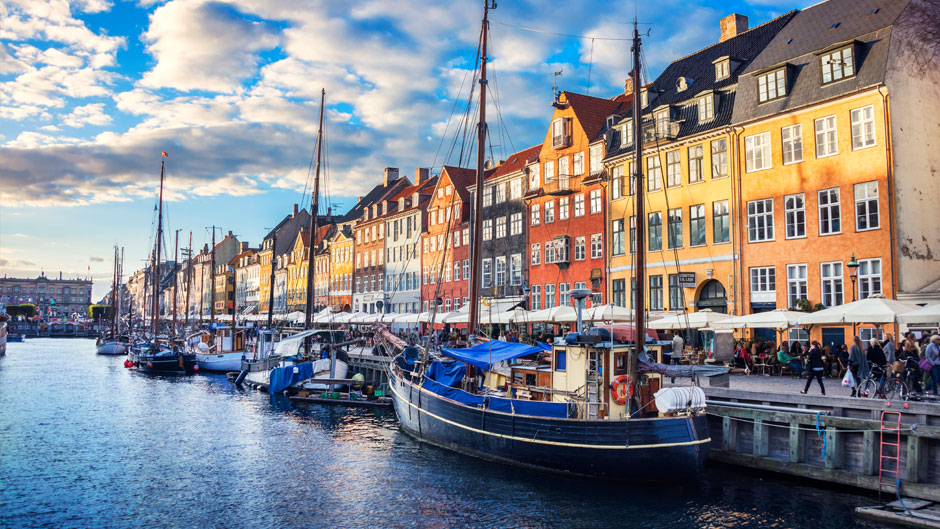In Denmark, citizens enjoy tuition-free access to high-quality education and no-fee public health care. The country comes up as having the happiest people in the world in almost every international survey conducted.
Why?
Countries that promote social justice have a higher number of people who are happy and satisfied, reveals a study—by Isaac Prilleltensky, vice provost for institutional culture at the University of Miami, and Salvatore Di Martino, community psychologist and researcher— published in the Journal of Community Psychology.
The research showed that social justice was the second predictor of people’s happiness, second only to social capital, which is the strength of social relationships, trust in institutions, and civic engagement.
“Data shows that the more you invest in people, not only the happier they will be but the healthier they are,” said Prilleltensky.
Using the Social Justice Index, which surveyed 170,000 people in 28 countries six times from 2008 to 2017, Prilleltensky and his colleague were able to gather information on a host of areas. These included, access to health care, equitable education, poverty prevention, labor market access, economic inequality, adequate pension policies, and discrimination against people with disabilities.
Countries like Denmark, Finland, and Sweden ranked high with social justice. They provide many social welfare programs to support their people from infancy to old age. Countries like Italy, Hungary, and Greece did not fare as well since they lacked many of these programs, according to Prilleltensky.
Countries that spend money on social programs to support their citizens may have to invest more at the onset, but eventually they will see the benefit of their investment, said Prilleltensky.
“For example, if we invest in early childhood education and provide children with the appropriate education, psychological support, parenting classes, and adequate nutrition, some longitudinal studies suggest that for every dollar invested you will save up to $17,” he said.
The savings takes place as the child grows and is then “less likely to go to special education classes or engage in criminal behavior” and they are more likely to finish college, get good jobs, and pay more taxes, Prilleltensky pointed out.
“When you take into consideration all those factors, the government is saving a lot of money,” he said. Similarly, programs that help the elderly by providing social and physical engagement, as well as economic support, help to avoid crises that could burden local governments, he explained. There is evidence that loneliness is associated with physical ailments, and the elderly are often isolated. The more we invest in the social sector and support all age groups, the more we save in health care.
Prilleltensky said that a new upcoming study that has not been published yet will show that social justice in a society not only predicts national happiness, but also indirectly affects social capital and GDP (gross domestic product).
“This means that if we increase conditions of social justice in a society, it is also possible to increase economic and social conditions, which in turn are important to people’s happiness,” he said.

